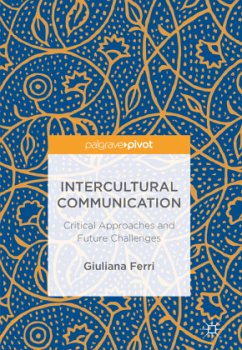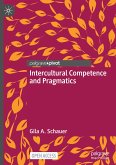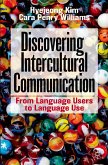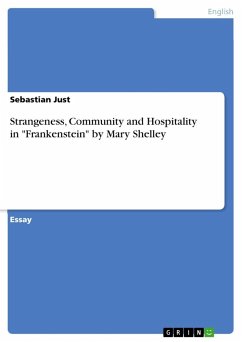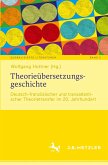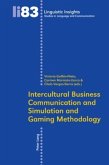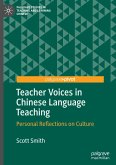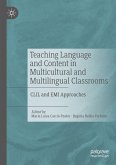Drawing on interdisciplinary theoretical perspectives, this book critically examines intercultural theory and its interrelations with globalisation, education and dialogue in multicultural societies. Applying the ethics of Emmanuel Levinas, the author repositions intercultural communication within a new paradigm that challenges static interpretations of self and other, and suggests future directions for the development of a post-methodological framework based on the decentring of the researcher. This innovative work will provide researchers and language teachers with the critical tools needed to challenge instrumentalist approaches to communication in a diverse global context, characterised by conflict and fear of the other and fresh insights to scholars of education, applied linguistics and sociology.
"It is undoubtedly an important and practical book for educators and language teachers to help learners effectively develop intercultural competence. ... this book provides researchers and language teachers with the critical tools needed to challenge instrumentalist approaches to communication in a diverse global context, characterized by conflict and fear of the other and fresh insights to scholars of education, applied linguistics, and sociology." (Weiping Wu and Ting Li, International Journal of Communication, Vol. 14, 2020)

